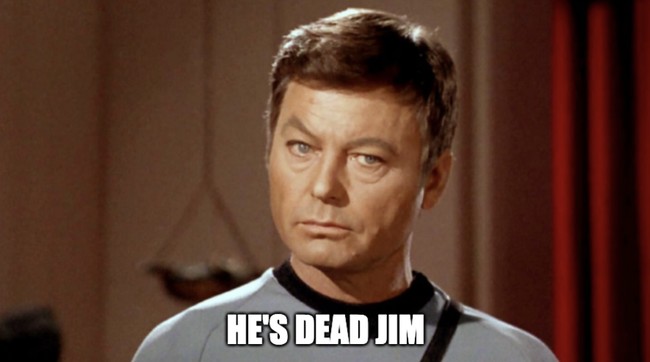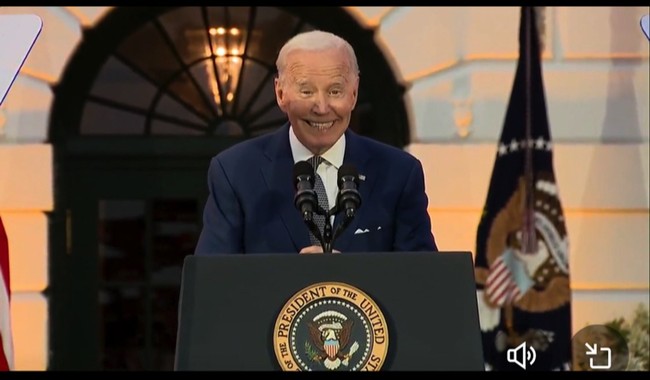ARTICLE AD BOX
How to dominate your European Parliament committee
It’s where the legislative magic happens.

By CARLO MARTUSCELLI
and LOUISE GUILLOT
Illustration by damnyou.industries for POLITICO
ITRE, IMCO, ENVI, LIBE.
These may be incomprehensible four-letter acronyms to you now, but you’re going to get acquainted with them quick — because they’re going to determine the next five years of your political career.
These are a few of the European Parliament’s 20 committees, where elected European Union representatives shape legislation after the European Commission has proposed it.
Within a committee, one member of the Parliament from a political grouping will be selected as lead negotiator (rapporteur in Brussels-speak), while the other political groups will assign co-
negotiators (or shadow rapporteurs). These people will propose amendments to the Commission’s text in order to try and hash out a deal.
The full European Parliament votes on all bills, which then go on into interinstitutional negotiations (a.k.a. “trilogues”). Discussions here involve the Council of the EU — the forum for member country governments — along with the Commission again, to hash out what finally passes into law.
 Brussels is about compromises — so you’ve got to know when to stop arguing and instead do deals with your political opponents. | Frederick Florin/AFP via Getty Images
Brussels is about compromises — so you’ve got to know when to stop arguing and instead do deals with your political opponents. | Frederick Florin/AFP via Getty ImagesBut by taking a first pass, it’s the committees that guide the Parliament’s vision. And it’s the committee negotiators who will then make a deal with the Council.
So if you want to leave your mark in Brussels, the name of the game is learning how to work the Parliament’s committees to your advantage. And first, you’ll have to navigate them.
Not all committees are created equal
There are some committees where the action happens, while others are sleepy talk shops. Not all MEPs seek the limelight — but if you’re one of those politicians who hungers for power (anecdotally, a lot do), then choose your committees carefully.
Some are evergreen. Areas where the EU has core competences, for example in competition and agriculture (IMCO and AGRI respectively), are obvious picks. The Industry, Research and Energy (ITRE) Committee is another heavy hitter.
A less obvious but still influential pick is the Committee on Budgets (BUDG), which helps direct how the EU spends €160 billion to €180 billion annually — and considering the EU will soon start negotiating its next long-term budget for the period from 2028 to 2034, this committee is going to come under the spotlight.
There is some reading of the tea leaves here. The last Commission made environmental and climate issues priorities under its European Green Deal; while the pandemic boosted the priority of health files, therefore the Committee on Environment, Public Health and Food Safety (ENVI) played a central role in getting politically sensitive legislation passed.
Given the Parliament’s rightward drift and the ongoing war in Ukraine, other priorities might come to the fore this time around. The mooted expansion of the defense subcommittee to a full committee is one that comes to mind.
Game of chairs
Becoming a rapporteur or a shadow is the most obvious way to wield influence. But just as important — if not more — are a committee’s chair and its coordinators.
Before you can start working on a file, you first need to make sure it will be handled by your committee. It’s the job of the committee chairs to fight for (what they think is) their file.
This often involves wrestling with other committee leaders to secure a say on crosscutting legislation (think, for example, about Green Deal files, which often have implications for agriculture, energy, environment and trade).
Also possible is for committees to have shared competences on certain files, which can make compromising even trickier.
Once you’re sure the file you’re eyeing is coming to your committee, do befriend the committee coordinator. Less in the public eye than committee chairs, political group coordinators wield significant power behind the scenes. They choose the rapporteur or shadow on a given file, and can make or break careers in the process. Keep in mind: There is a single coordinator for each political group in each committee.
They’re like the local whips — but are also the ones bargaining to get the Parliament’s position on legislative files (a.k.a. reports), and place their own negotiators on the files their political family seeks to influence.
Bargain hard, Compromise harder
Amendments ratified into legislation are your legacy long after you’ve left Brussels. It’s also what voters will judge you on, should you stand for reelection. Rapporteurs and shadows take the lead on proposing and negotiating amendments, although any MEP in the committee can propose them.
Here, you have the opportunity to wield real power: You can try to extend the scope of the legislative proposal to embrace new areas, or you can water it down to the point that it’s basically toothless.
Get ready to be lobbied hard. A plethora of industry groups and nongovernmental organizations will be buzzing around you, trying to get in your ear. They’ll want to tip the scales in their direction — and may even send you ready-made amendments that you could, if you dare, simply copy-paste in.
For those who abhor lobbyists, don’t be too hasty in disregarding them — some will raise important points on technical issues that do need to be addressed.
Once you’ve written up your amendments, it’s time to negotiate. Politics is a cutthroat business, so do be ready to fight for them tooth and nail. To do this, you will need to build alliances — both within your political group, as well as with those who are friendly to it.
But ultimately, Brussels is about compromises — so you’ve got to know when to stop arguing and instead do deals with your political opponents.
Keep the capitals in mind
As per the Treaty on European Union, you’re elected to represent “the Union’s citizens,” without explicit reference to nationality — meaning you should fight for the greater good, not your home turf. That’s the theory.
In practice, however, the interests of member countries are always lurking in the background.
Since the Council of the EU gets the final say, there’s no point in passing bills — no matter how idealistic or ambitious — if national governments are just going to shoot them down.
EU lawmakers often put the priorities of their home countries ahead of those of their political groups. It’s difficult to get German MEPs to pass legislation that goes against the automotive industry; or French ones against winemakers. So you’ll need to get a feel for the lay of the land on sentiments around topics.
In addition, getting to know the officials at your country’s permanent representation to the EU can also prove helpful in your daily work. That’s especially the case when they trust you enough to share where negotiations stand on a file you’re involved in.
 Areas where the EU has core competences, for example in competition and agriculture (IMCO and AGRI respectively), are obvious picks. | Francois Nascimbeni/AFP via Getty Images
Areas where the EU has core competences, for example in competition and agriculture (IMCO and AGRI respectively), are obvious picks. | Francois Nascimbeni/AFP via Getty ImagesThese so-called perm reps also tend to be experts on specific policy areas, and work to shape and defend their countries’ position when files are negotiated at the technical level — another good reason to get to know them.
Your 15 minutes of fame
EU politics is famously impenetrable to the average citizen, so don’t expect too much attention from the media (unless it’s when you don’t want it — think scandals). That said, every now and then, savvy MEPs are able to cut through the deluge and make a splash.
Take, for example, Dutch lawmaker Rob Roos of the European Conservatives and Reformists group. He landed a spot on “Tucker Carlson Tonight” when he was still on Fox News after posting a clip of him grilling a Pfizer exec about Covid vaccines in the European Parliament.
Make friends with the administrators
You never know when you might want a favor: Maybe you need a file translated quicker. Maybe you want a vote to happen a little earlier or later in the day to make sure certain MEPs show up to tip the scales in your favor.
It pays to make friends with the Parliament’s (theoretically) nonpolitical bureaucrats; after
all, they’re the ones who keep the show on the road.
Eddy Wax contributed reporting.
.png)
 1 year ago
45
1 year ago
45








 English (US)
English (US)